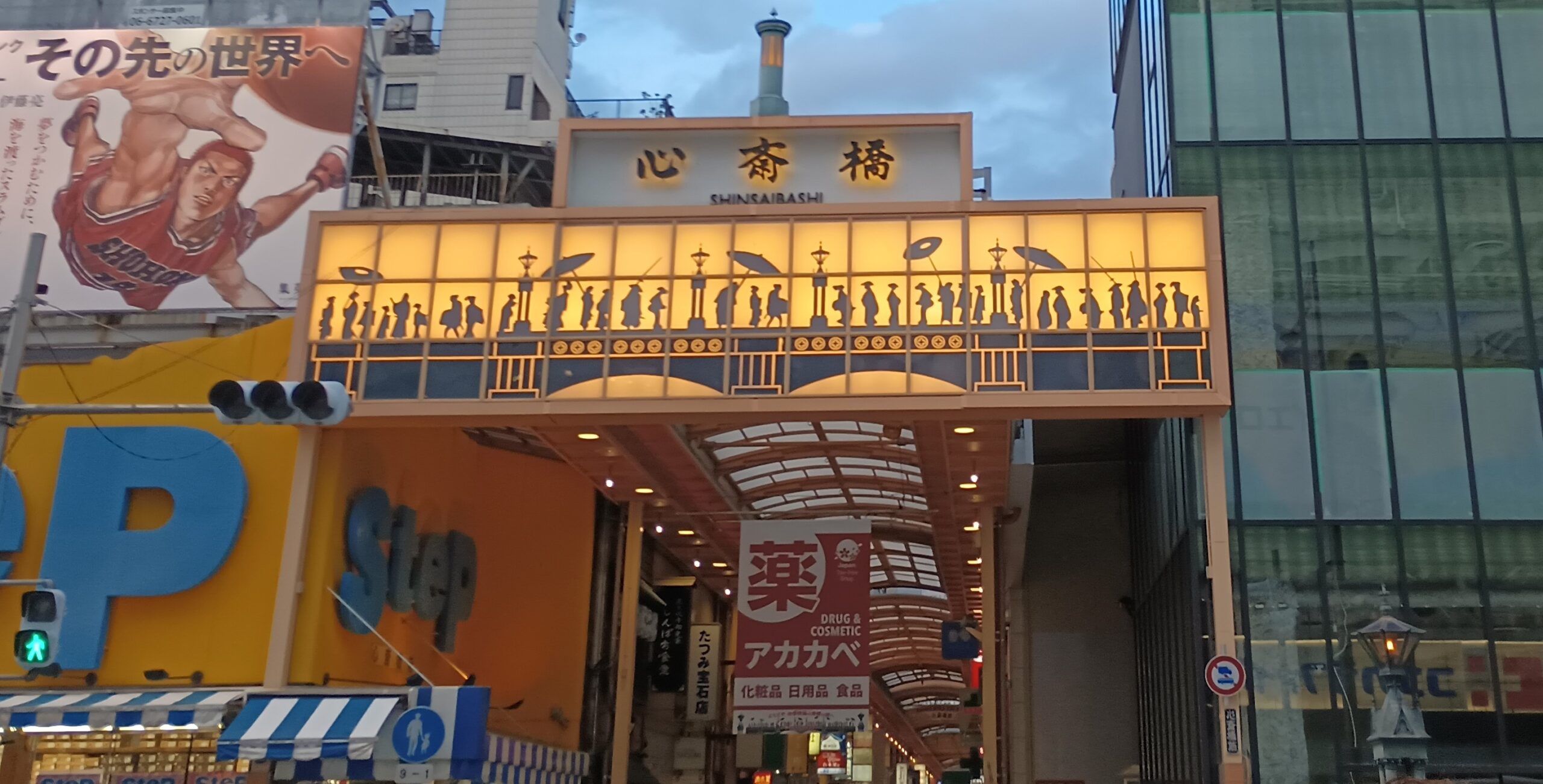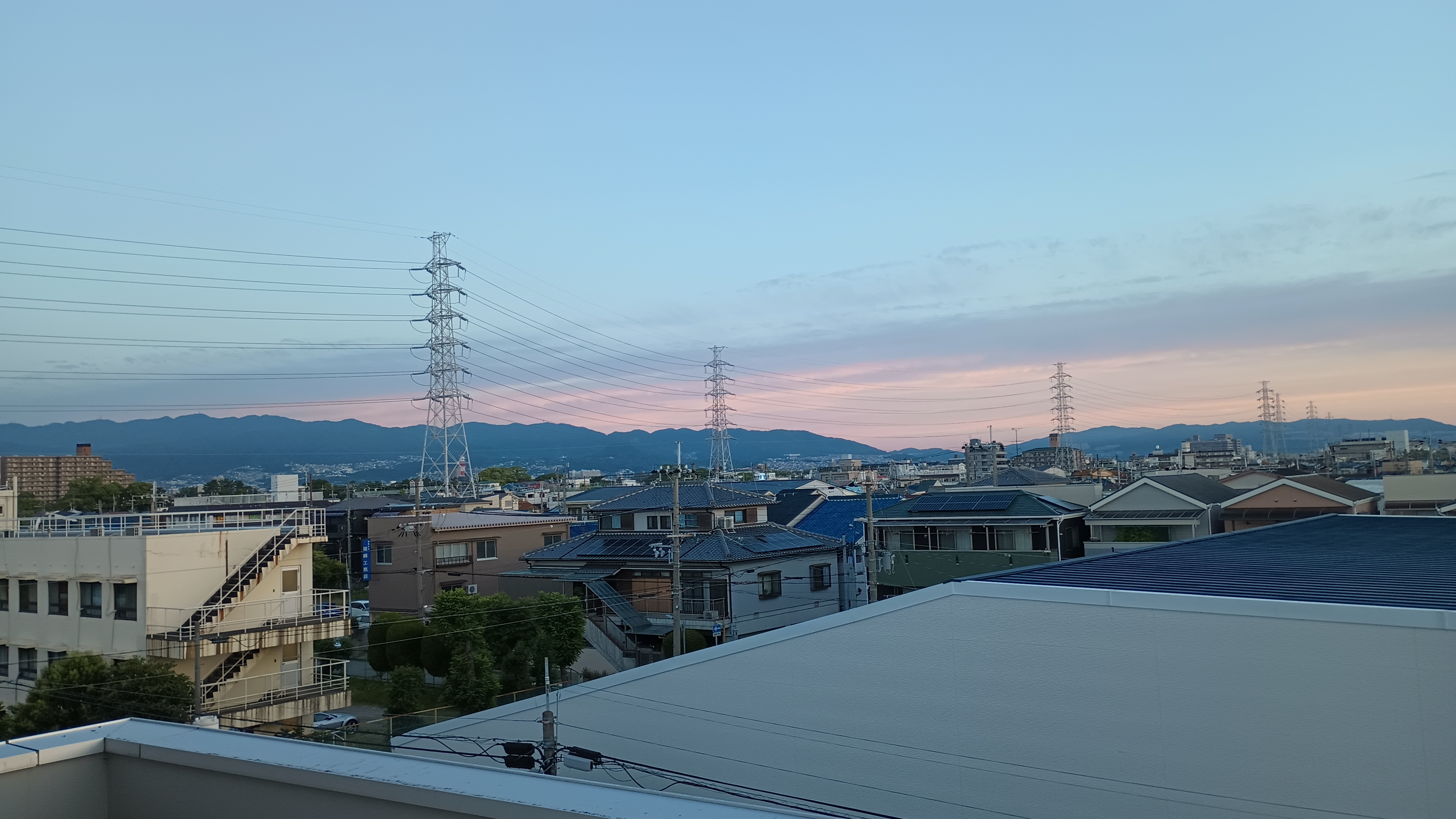
Trials and Tribulation in Japan
Six months before I departed from Japan, I had injured my left foot. I went to the doctor to have the issue resolved but came to find out that plantar fasciitis can vary in recovery time. As a result, I arrived in Japan with my foot still injured. It only became worse as I walked more and more frequently in Japan. My injury had worsened to the extent that I started to put more weight on my right foot to alleviate the pain when I walked. This only resulted in my right foot also developing plantar fasciitis.
Going to the doctor was not difficult. I knew what the problem was and how to fix it. However, my doctor in the US had recommended not walking often and stretching. Stretching was simple, but simply not walking was not. Especially when I had to walk 10 minutes to the train station and then walk between stations and then towards the school five times a week.
The pain had worsened to the point that I had difficulty getting up in the morning to go to class. I came to find that regular painkillers in Japan were not as effective as the ones in the US. When going to the doctor in Japan, I was only told to rest often and do stretches.
I spoke to my friends about my difficulties, and that’s when my new Japanese friend made a recommendation. My friend recommended that I insist that I need pain medication because often doctors do not give you medication if they think you can do without it. Seeing as I was struggling to walk with both injured feet, I needed to be given extra-strength painkillers.
Finally, the doctor gave me painkillers, along with nausea pills as he said the side effects of the medicine required me to take them alongside each other. I still struggled to walk to school, but thankfully the process was less painful now.
The struggles did not stop at physical injuries, however.
My glasses bent and broke. Insurance in Japan does not cover the costs of glasses, which surprised me. When I spoke to my Japanese translator, a volunteer who helped me when I went to the psychiatrist and doctor visits, she expressed her surprise that insurance in America sometimes includes vision and dental together with medical. I expressed how inconvenient it must be to have separate coverage for each one, but came to find that corrective lenses are so inexpensive that one doesn’t require insurance!
My host university study abroad office was able to call the nearest JINS store, a popular affordable eyeglasses store, to confirm if they had an English speaker. I was given the days and times they were available and made plans to acquire replacement lenses quickly.
I went to the JINS store between classes on a Friday and spoke in my broken Japanese if there was anyone who understood English. Thankfully, the person was there and was able to help me pick out new glasses. They were indeed very affordable, and I wish I bought an additional pair to take with me as they were stylish and lightweight.
Another issue I struggled with was having to switch medication. I switched my ADHD medication before I left for Japan a month ahead of time. I thought it was working, but as I was preparing for departure, I wasn’t too sure. As I took the medication more often, I found that it caused me nausea, restlessness, and a lack of creativity. It helped me do things at the moment but hindered me when I needed to do things that required more mental stimulation.
I decided to change my ADHD medication while in Japan. As I was taking Adderall previously, the psychiatrist in Japan recommended I take the same medication again. I was surprised because I had known that Adderall was a controlled substance that was banned to bring into Japan. It was explained to me that it was a controlled substance that is given in Japan as well, but patients were required to be put into a system and carry a card that shows the pharmacist that the person is allowed to have it prescribed. While not the same, the doctor prescribed me Concerta, which was quite frankly expensive compared to the other medication I was being prescribed. My anxiety and depression medication would always cost less than 15 dollars after insurance. But Concerta costs more than both medications!
While this all feels like a lot to go through, it was unfortunately not the end of my battles.
As classes for Japanese language learners were assigned, I found that the classes were all early morning. It seemed like I would only be required to change my sleeping schedule, and I would be fine, except it did not end up going that well. I found that I struggle to fall asleep and stay asleep at night. I had known this was an issue previously and thought it was just my lack of discipline to keep a regular bedtime. This ended up not being the case. It turned out I have untreated insomnia and maybe even other sleep issues I was unaware of. It explained why I was always sleepy despite having eight hours of sleep. Regardless of whether I slept more or less, I would always remain tired to the point of falling asleep in classes or public spaces. As it interfered with my classes, schoolwork, and daily life, I sought help and received sleeping medication. These came with varying success.
I am glad that despite all these obstacles that unexpectedly came up, I was able to continue enjoying my time in Japan. Despite the difficulties, I did not feel like it ruined my time abroad. I think some of these issues helped me learn more about myself and how I manage my health in a new stressful environment.

